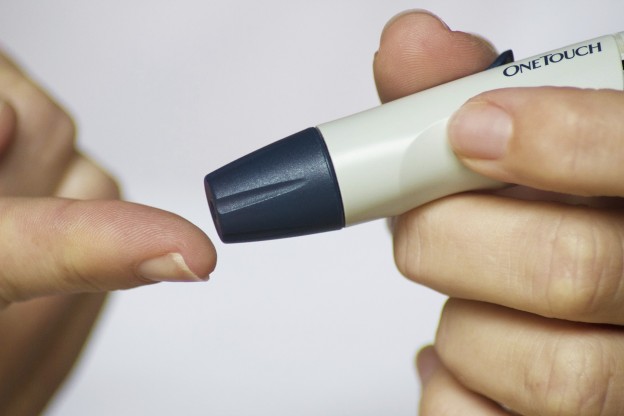
Diabetes Mellitus
Diabetes mellitus is a pathology that increases greatly in frequency with age, due to the changes of aging itself, concomitant diseases and medications that can increase blood sugar levels. Chronic hyperglycaemia is a silent disease, which over the years affects the circulatory system (lower limbs, heart, brain) as well as the peripheral nerves, the kidneys and the eyes. It also has an influence as a risk factor for dementia, depression, falls, disability, incontinence, malnutrition, dehydration, being also associated with an increase in infectious processes, chronic pain or pressure ulcers, all of which affect the quality of life.

For all these reasons, early detection and appropriate hygienic and dietary measures, together with an individualised therapeutic plan, can greatly delay the complications described.
- Diet appropriate to the activity performed and weight, depending on age and sex. Changes in taste and appetite, alterations in teeth and digestive function with ageing, as well as the ability to buy and prepare food, must be known.
We recommend 45-65% of sugars (avoiding those that are rapidly absorbed, present in sweet products, pastries, chocolates...), 20-35% of fats, reducing saturated fats, and 10-35% of proteins. The intake can be distributed 20% at breakfast, 30% at lunch and dinner, 10% at the snack and 5% at lunch and dinner
The intake of 20-40 g of soluble fibre from vegetables, pulses and fruit, the consumption of wholemeal cereals, nuts and dried fruit and the use of olive oil are beneficial. A moderate consumption of alcohol, somewhat less in women, is indicated.
In the presence of obesity, a low-calorie diet and an increase in physical activity should be introduced, although in the elderly there is a greater risk related to malnutrition or involuntary weight loss than to overweight or obesity.
- Be physically active, remaining as active as possible as your functional capacity allows. Wandering for at least 30 minutes, 5 days a week, being able to talk, can be a reasonable goal. In the face of the risk of falling or of deconditioning, programmes to strengthen walking and balance can be very useful.
- Carry out periodic ophthalmological controls as indicated by your doctor, for the early detection of retinal, macular or lens alterations, which can greatly reduce visual acuity.
- Care of the feet, with adequate chiropody follow-up, to avoid trauma or wounds that may be complicated by problems of healing.


Add new comment